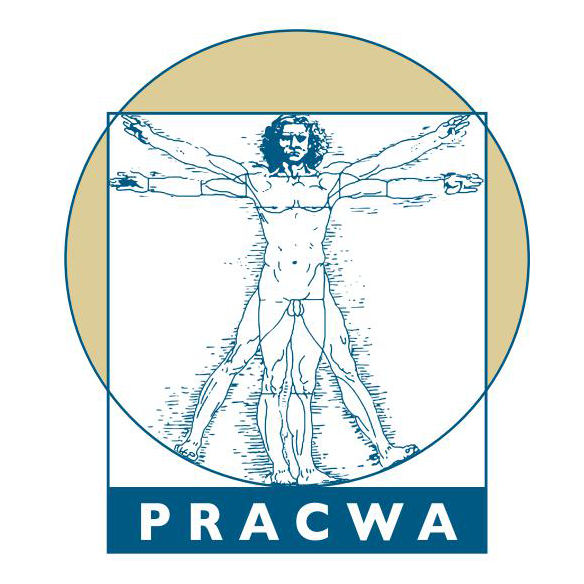Our goal is to help older adults lead healthier and more satisfying lives.
Our approach is to focus on the individual, understanding that the people we serve have enjoyed long and rich lives, and that they each have their own unique needs and preferences.
We believe in finding out what makes people tick so that they can continue to live life to the full. This means paying close attention to the emotional, psychological and social aspects of a person’s life, as well as providing top quality clinical and personal care.
Geriatric medicine
A Geriatrician is a Geriatric medicine (geriatrics) specialist. Geriatric Medicine is concerned with the diagnosis, treatment and prevention of disease in older people and the problems specific to ageing. Major categories of impairment that appear in elderly people include immobility, frailty, loss of balance, incontinence, impaired intellect and memory issues, as well as impaired vision and hearing loss.
REHABILITATION
Most older people with recent significant disability, or deterioration in a pattern of stable disability, have the potential to benefit from rehabilitation. typically have a major disability of recent onset. They have had a stroke, hip fracture or other fracture, a fall-related injury, or a major illness (such as severe cardiac failure); or they have ongoing severe osteoarthritis or Parkinson's disease. The disability will have compromised their ability to live independently, or semi-independently.
GERIATRIC NEUROLOGY & STROKE
Treatment of older clients with Parkinson’s Disease, Stroke, Alzheimer’s Disease, balance and gait disorders and pain problems. A focus on balance and falls, evaluation of numerous causes of dizziness and physical changes that increase the risk of falling, and treatment interventions aimed at decreasing the incidence of falls.
DEMENTIA
Dementia affects thinking, behaviour and the ability to perform everyday tasks. Brain function is affected enough to interfere with the person’s normal social or working life. At present there is no prevention or cure for most forms of dementia. However, some medications have been found to reduce some symptoms. Support is vital for people with dementia. The help of families, friends and carers can make a positive difference to managing the condition.
OSTEOPOROSIS
Very elderly who are mobile and in reasonable health should discuss with their doctor ways to improve their bone health, and whether they need specific tests and treatment for osteoporosis. Osteoporosis becomes more prevalent with increasing age, as bone is lost progressively throughout adult life. The very elderly are rarely assessed and treated for osteoporosis and low bone density, despite significant potential benefits.
PALLIATIVE CARE
The aim of palliative care is to achieve the best possible quality of life for the person with a life-limiting illness and provide support for their family and carers. Palliative care services can be provided in a range of settings including the home, hospices, aged care homes, hospitals and palliative care units.


